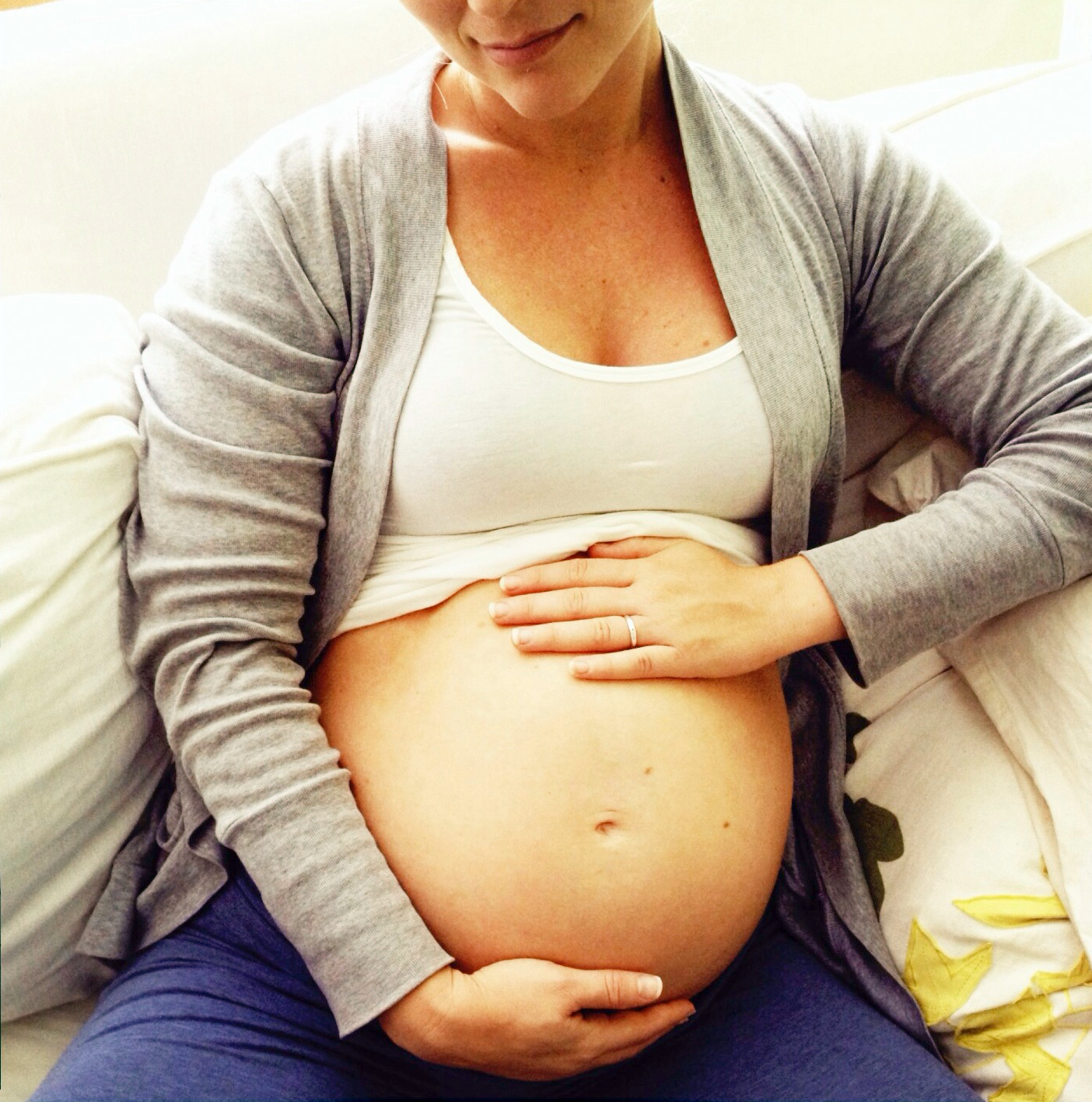Over the last few years, several studies have suggested an increased risk of certain types of cardiovascular malformations in children exposed to selective serotonin reuptake inhibitors (SSRIs) during pregnancy. The first reports suggested a link between cardiac septal defects and exposure to paroxetine; other, but not all, studies have also shown an elevated risk of cardiac defects in children with prenatal exposure to other SSRIs. More recent studies, including a recent one from the United Kingdom, have yielded different results and have not demonstrated an association between SSRI exposure and increased risk of cardiovascular malformations.
Using data from The Health Improvement Network primary care database in the UK, researchers analyzed outcomes in four cohorts of children born to women with and without different antidepressant exposures before and during pregnancy:
5,154 women took SSRIs before pregnancy,
2,776 were took SSRIs during pregnancy
992 women took other antidepressants during pregnancy,
200,213 women took no antidepressants before or during pregnancy.
Less than 1% of children had a documented congenital heart anomaly within 5 years of birth. Women who took antidepressants during pregnancy were no more likely to have a child with a cardiovascular defect than women with no antidepressant exposure (odds ratio [OR] = 1.00; 95% CI, 0.65-1.52). There were, however, several other factors associated with an increased risk of cardiovascular defects independent of antidepressant exposure, including diabetes (OR = 2.23; 95% CI, 1.79-2.77), alcohol problems (OR = 2.58; 95% CI, 1.55-4.29, illicit drug problems (OR = 1.89; 95% CI, 1.09-3.25), and obesity (OR = 1.38; 95% CI, 1.13-1.69).
Based on these findings and those of other studies, including the study from Huybrechts and colleagues which analyzed data from a Medicaid database in the United States, we can conclude that there was no increase in the risk of cardiac malformations attributable to antidepressant use during the first trimester of pregnancy.
This study has shown also that other factors, ones that are more commonly seen in women with mood or anxiety disorders, such as a history of alcohol or illicit drug abuse, higher BMI, and diabetes, are independent risk factors for congenital heart anomalies. The authors emphasize that future research into the effects of prenatal antidepressant exposure must take into account these important exposure variables.
Ruta Nonacs, MD PhD
Petersen I, Evans SJ, Gilbert R, Marston L, Nazareth I. Selective serotonin reuptake inhibitors and congenital heart anomalies:comparative cohort studies of women treated before and during pregnancy and their children. J Clin Psychiatry. 2016 Jan;77(1):e36-42.








Leave A Comment